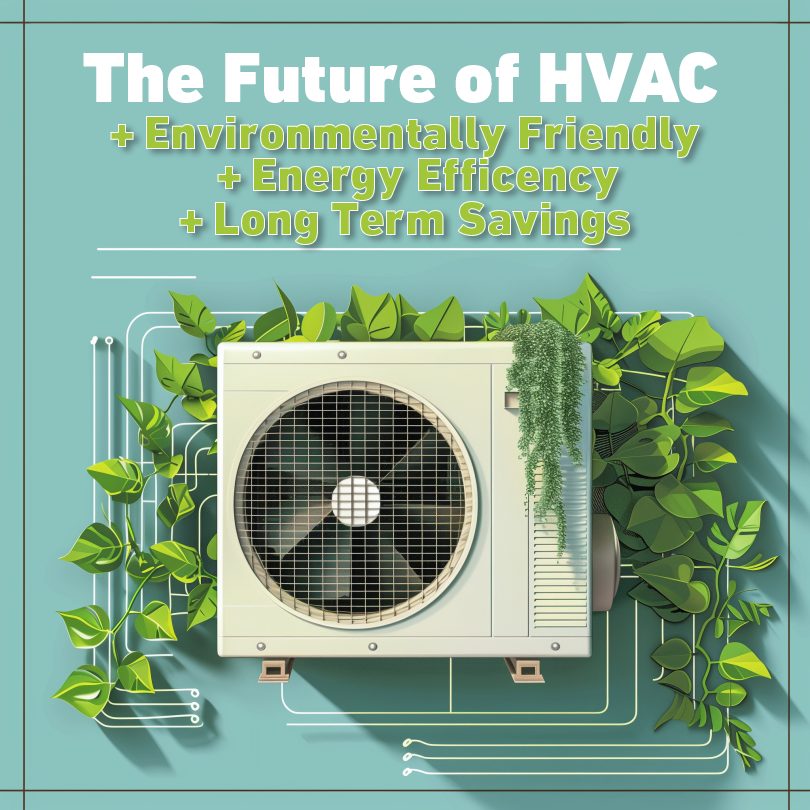In recent years, the HVAC industry has witnessed a significant shift towards more environmentally friendly refrigerants, with R32 emerging as a frontrunner in this transition. Beyond its environmental benefits, R32 is reshaping the future of HVAC technology in various ways, from improved system efficiency to enhanced product innovation. In this blog post, we'll explore the industry trends driven by the adoption of R32 and how it is shaping the future of HVAC technology.
Enhanced System Efficiency:
One of the primary trends spurred by the adoption of R32 is the emphasis on enhanced system efficiency. R32 offers superior thermodynamic properties compared to traditional refrigerants, allowing HVAC systems to operate more efficiently and effectively. With higher volumetric cooling capacity and lower energy consumption, R32-based systems can deliver improved performance while reducing operating costs for homeowners and businesses.
Optimized Product Design:
The transition to R32 is also driving a trend towards optimized product design in HVAC equipment. Manufacturers are leveraging the unique properties of R32 to develop innovative system designs that maximize performance, reliability, and sustainability. From compact and lightweight units to modular and customizable configurations, R32-based systems are pushing the boundaries of traditional HVAC technology and offering new solutions to meet evolving customer needs.

Discover Top-Grade Air Conditioners: View Our Products Today
R32-based HVAC systems are integrating advanced features and technologies to enhance comfort, convenience, and control. From smart thermostats and wireless connectivity to variable-speed compressors and advanced filtration systems, R32 systems are incorporating cutting-edge technologies to improve user experience and energy efficiency. By embracing R32, HVAC manufacturers are driving innovation and delivering products that meet the demands of modern consumers.
Compliance with Regulatory Standards:
As regulatory standards evolve to address environmental concerns, the adoption of R32 ensures compliance with stringent regulations governing refrigerants and HVAC equipment. Governments around the world are implementing stricter guidelines on the use of high-GWP refrigerants, prompting manufacturers to transition to lower-GWP alternatives like R32. By proactively adopting R32-based technologies, HVAC manufacturers can stay ahead of regulatory changes and demonstrate their commitment to sustainability.
Market Expansion and Global Adoption:
The widespread adoption of R32 is driving market expansion and global adoption of this innovative refrigerant technology. As R32-based systems gain popularity and acceptance among consumers and HVAC professionals, market penetration is increasing across various regions and market segments. With growing awareness of the environmental benefits of R32 and its superior performance characteristics, the future looks promising for R32 as a leading refrigerant solution in the HVAC industry.
In conclusion, the adoption of R32 is reshaping the future of HVAC technology, driving trends towards enhanced system efficiency, optimized product design, integration of advanced features, compliance with regulatory standards, and market expansion. As the industry continues to embrace R32-based technologies, we can expect to see further innovation and advancement in HVAC systems, offering improved performance, sustainability, and user experience. By leveraging the unique properties of R32, HVAC manufacturers are leading the way towards a greener and more efficient future in heating, ventilation, and air conditioning. If you’re looking for an R32 product coming soon we suggest the Goodman 3 Ton 16.4 SEER2 R32 Air Conditioner Condenser.







